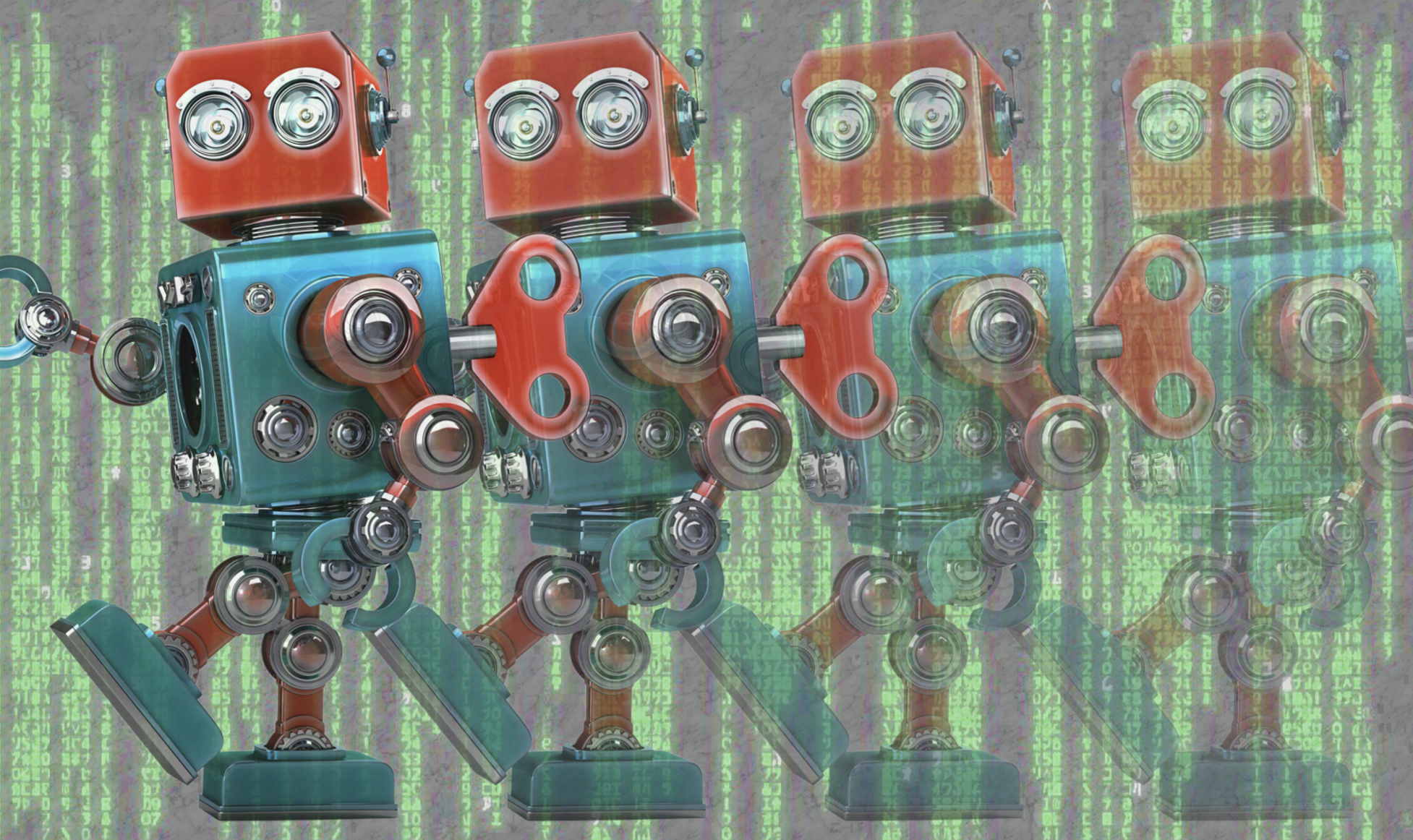What’s Up, Glitches?
Yet another exploration of the universe as a simulation

Stop us if you’ve heard this one: A newly proposed and tested law of information dynamics provides more evidence and support for the theory that the world is one big simulation.
If you’ve somehow missed it, simulation theory holds that humans exist in an artificial reality like a computer simulation, and that we ourselves are simply constructs of that simulation. In other words, what we perceive as reality is an advanced simulation, powered by a huge computer or like intelligence, maybe overseen by some sort of advanced being or race of beings, or maybe not. Though it’s not a widely held belief, it has been intricately involved in the theoretical frameworks of such prominent people as Neil deGrasse Tyson and … well, Elon Musk, who has claimed that the odds of our reality being the “base” one are billions to one. (Others put it at 50-50.)
Per the theory, this hyper-realistic quasi-reality is eerily similar to the depiction of the world in the Matrix trilogy. But with a steady drumbeat of studies, you don’t need a red pill to see this reality; physicists have been working overtime to provide us with all the evidence we need to understand this concept in the here and now.
Here’s where infodynamics come in. In a new paper this month, Melvin Vopson of England’s University of Portsmouth tested the second law of infodynamics that he proposed last year: “The information entropy of systems containing information states must remain constant or decrease over time, reaching a certain minimum value at equilibrium.” Vopson says this is the inverse of the second law of thermodynamics, which states that entropy is the “measure of disorder of (a physical) material,” as Britannica puts it, and “all closed systems tend toward an equilibrium state in which entropy is at a maximum.”
(Interestingly, he arrived at this conclusion partly by tracking the mutations between variants of the coronavirus that causes Covid-19. These changes are not random, as has always been supposed, but rather tend toward simplification.)
So in other words, even as the universe keeps expanding outwards, information dynamics keep contracting. Excessive and/or redundant information is being actively deleted, much like a computer routine preserves system storage while optimizing power consumption. If entropy levels in information dynamics can only decrease or stay the same, then that would imply a grand design and/or a grand architect that dictates or oversees the entire functionality of the universe.
(But viewed another way, the theory of infodynamics is the collective effort of that very same machine that is physics, which led to the discovery of The Architect, which is who or what is in control of the world we live in.)
So, do we live in a simulation or what? Even Vopson isn’t saying for sure. “It doesn’t prove entirely that,” he said according to USA Today, but “it underpins the concept through empirical evidence.”
